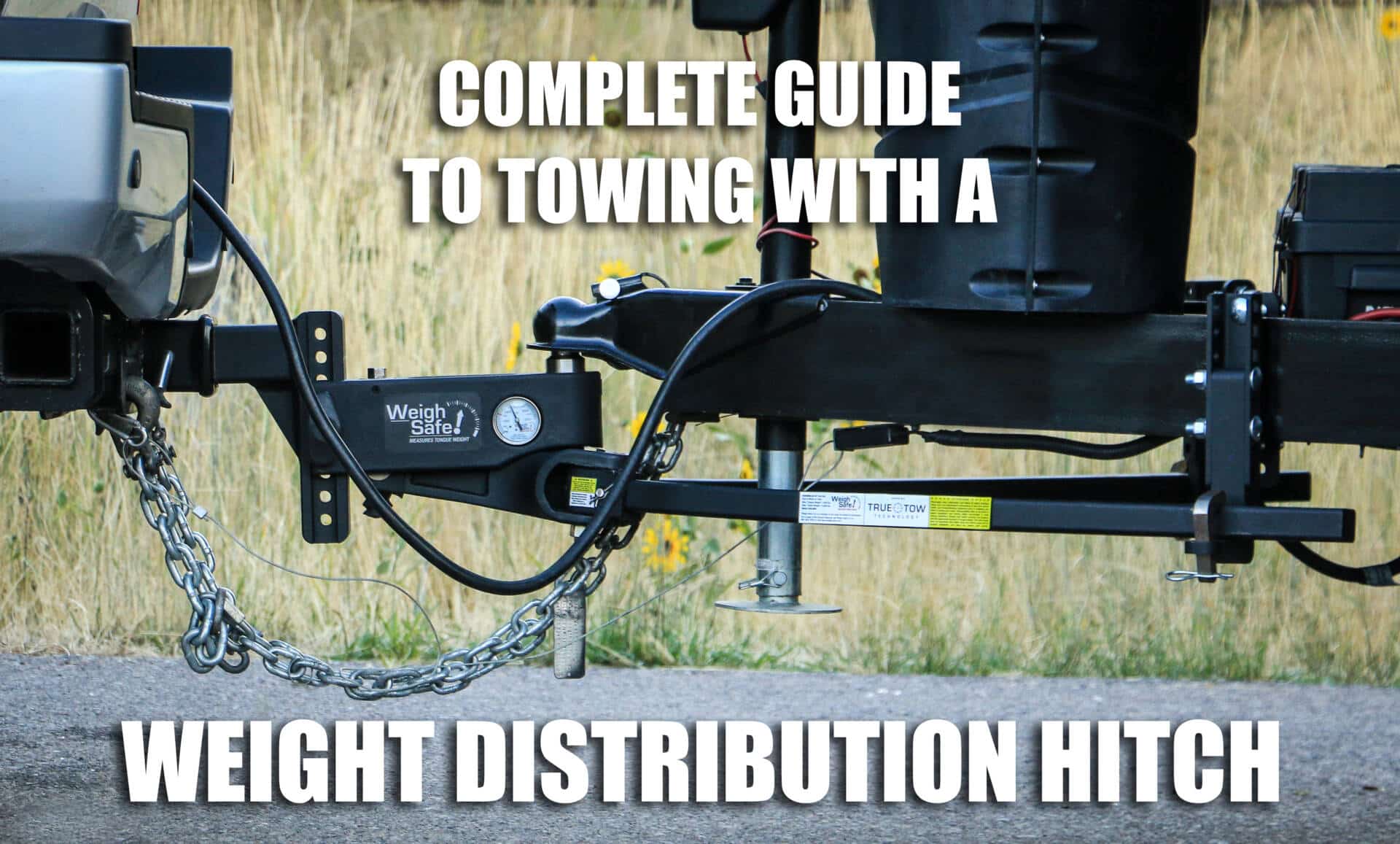
The 5th wheel is capable of towing much more weight than any other method. Fifth wheel hitch weight is usually 18-20 of the overall weight.

Dry weight is similar to curb weight except dry weight does not include the weight of automotive fluids needed for operation.
What does dry hitch weight mean. December 1 2011. Hitch weight is the amount of weight a travel trailers tongue places on the hitch it is mounted to. Any individual who is contemplating buying a camper should be aware of the weight of the camper and the towing capabilities of.
Dry Hitch Weight also known as tongue weight is the weight of the empty RV to the trailer hitch. This is important for determining how much weight your vehicle can tow. The dry hitch weight is only applicable if you have a pop-up camper or travel trailer.
Remember that your hitch weight will increase as you load up your RV with gear. Dry weight is vehicle weight without fluids Dry weight is the total weight of your vehicle without passengers cargo or fluids. Dry weight is similar to curb weight except dry weight does not include the weight of automotive fluids needed for operation.
Dry hitch tongue weight is often a misnomer used by RV trailer manufactures. Here is a snip from FMVSS 571120. It clearly indicates the recommended tongue weight is used in the certification process to establish GVWR.
Sometimes referred to as Dry Weight UVW means the weight of an RV as built at the factory. The UVW as used in Jayco product literature and other promotional materials does not include cargo fresh water propane gas occupants options or dealer-installed accessories. Empty weight or dry weight is the vehicles total weight without its necessary gasoline oil or other liquids.
Dry weight is rarely necessary for towing calculations. Does Curb Weight Include. Some philosophies are to use the gross vehicle weight rating GVWR of the camper for your calculations from the specs.
This is a decent idea as it protects you against a worst case scenario. Using the formula dry hitch weight dry vehicle weight you arrive at the designed-in pintongue weight of the camper. HITCH WEIGHT The amount of weight directly on the hitch itself when the trailer is coupled.
Sometimes referred to as tongue weight. Hitch weight for a travel trailer can be 10-15 of overall weight. Fifth wheel hitch weight is usually 18-20 of the overall weight.
NCC- Net Carrying Capacity Maximum weight of all passengers if applicable personal belongings food fresh. Tongue weight and hitch weight are both terms that refer to the force a bumper pull trailer puts on a hitch. When discussing fifth wheel trailers the term pin weight also describes this very same thing making things even more confusing.
Curb Weight and Dry Weight The curb weight of your vehicle is its actual weight without the additional weight of passengers cargo and luggage. The curb weight does include the consumables necessary to operate the vehicle including fuel coolant air conditioning refrigerant motor and transmission oil brake fluid and similar fluids. Dry Weight.
The term dry weight is very similar to curb weight as it includes the weight of your vehicle without passengers and cargo. Where it differs is it also removes the weight o the fluids. And in MOST cases the dry weight does NOT include batteries since they are usually dealer installed.
It does include the weigh of full propane tanks. Now hitch weight is again hitch weight as it left the factory it does NOT include a few items that translate almost directly to added hitch weight 1 batterys figure 70 lbs each. Dry WeightWet WeightCurb Weight.
Dry Weight is normally used to refer to the empty weight of the vehicle or trailer. Curb Weight or Wet Weight definitions generally refer to the vehicle weight including standard equipment oil lubricants and a full tank of fuel. Its essential to know whether or not your vehicle is capable of 5th wheel towing.
The 5th wheel is capable of towing much more weight than any other method. All it needs is a 5th wheel hitch. A 5th wheel hitch is a tool that is shaped like a horseshoe and it can carry much more load than the regular ball hitch.
The unloaded or dry weight is 7200 lbs. So if you subtract the unloaded trailer weight from the gross vehicle weight rating you get the net carrying capacity. This is important because it tells you how much stuff you can load into this trailer and.
HitchTonguePin Weight This figure shows the weight or force a fully loaded RV puts down on the hitch ball of your tow vehicle it should be from 10-15 of the gross trailer weight. When it comes to fifth wheels hitch weight tongue weight and pin. Manufacturers weigh new units before shipping them to Camping World and record that weight as the Dry Weight.
It is similar to Curb Weight for automobiles. Gross Vehicle Weight The combined weight of the RV dry weight plus liquids passengers and cargo. Tongue Weight The weight placed on the hitch when the trailer is coupled to your vehicle.
This difference is the weight of your gear. A - B CEx. A Vehicle weight withgear behind rear axle - B vehicle weight withoutgear behind rear axle C total weight of your gearStep 2Add the total weight of your gear to your tongue weight.
Your weight distribution hitch must support this weight. Dry WeightShipped Weight - The weight of the RV as shipped from the manufacturer without any passengers cargo liquids or additional accessories or dealer installed options. Gross Vehicle Weight GVW - The current combined weight of the RV.